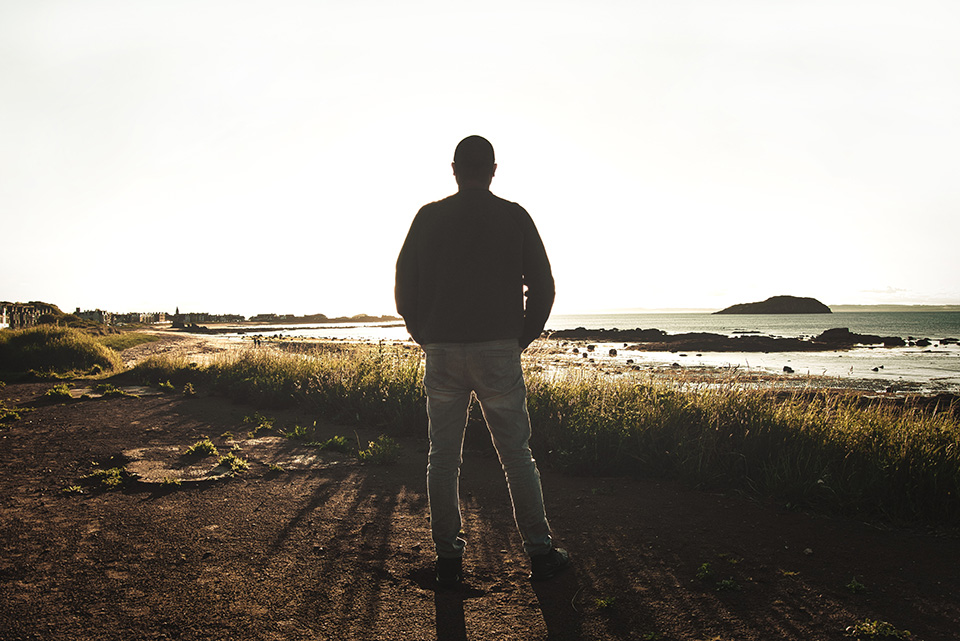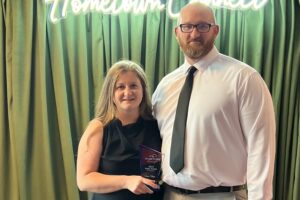Relapse is a common occurrence for those struggling with addiction. In fact, about 40-60% of people who struggle with addiction will experience a relapse at some point. The emotions associated with relapse can sometimes be overwhelming. It can be challenging to know what to do after a relapse, but don’t worry, we are here to help.
In this blog post, we will discuss what a relapse is and provide some tips on how to deal with one. If you find that you are struggling after a relapse, please consider seeking professional help. With the right support, you can overcome any obstacle in your path!
What is a relapse?
Simply put, a relapse is the worsening of a clinical condition after a period of improvement. In terms of addiction, relapse is when a person returns to the same addictive behaviors that they faced before. This can be extremely frustrating and discouraging, but it’s important to remember that relapse is a normal part of the recovery process.
Relapse doesn’t necessarily mean returning to the exact same substance that the person used to abuse. Sometimes, relapse happens when a person trades the abuse of one substance for another
Now that we’ve identified what a relapse is, it’s important to point out what a relapse is not.
A relapse is not failure. It is merely a setback in the recovery journey. It doesn’t mean that an entire addiction treatment plan has failed or wasn’t effective. It simply means that a person returned to a level of substance use that they had previously recovered from. Understanding that relapse is a natural part of most recovery journeys can help a person overcome such obstacles.
Now, let’s discuss what to do after a relapse.
Forgive yourself
As we just said, relapse isn’t final. It’s just a small part of your whole recovery journey. We know that relapse can be very difficult on a person emotionally. There’s a temptation to feel like a failure and like it’s impossible to change. Don’t give in to this temptation!
Forgiving yourself is an important step to take after a relapse. Forgiving yourself means letting go of past mistakes and looking toward the future. It allows you to focus on the recovery journey ahead of you rather than the situations that are behind you.
Get support
Addiction is a disease that is best treated with the help of others. Support from friends and family is crucial, especially after a relapse. Make an effort to be around people who believe in you and will cheer you on in your recovery journey.
12-step programs can be an excellent way to get support from the people around you after a relapse. The people in these groups have similar experiences and can empathize with your struggles. Programs like these can be instrumental in getting you back on the road to recovery.
Another form of social support that may be helpful is a peer support specialist. This is someone who has battled addiction and has overcome it. Peer support specialists are specially trained to help others navigate their recovery journeys.
Consider returning to treatment
If you find that you’re struggling after a relapse, it may be beneficial to consider returning to treatment. Whether you’ve been through treatment before or not, addiction recovery centers like Isaiah House have the knowledge, facilities, and compassion to help people recovering from addiction get back on the straight and narrow.
We offer both residential and outpatient treatment programs to serve people who are battling addiction. Our programs focus on things like addiction counseling that can help you better understand your addiction so you can more effectively battle it.
Make changes to avoid triggers
Triggers are anything that cause a person to crave drugs or alcohol. Triggers can be either external or internal factors. It’s important to identify what your triggers are and make a plan to avoid them.
Some common triggers include:
– Stress
– Boredom
– Depression
– Anxiety
– Anger
It’s not always possible to completely avoid triggers, but making an effort to do so can help you stay on the path of recovery. If you find yourself in a situation where you’re exposed to a trigger, recognize that you’re more vulnerable to relapse at that moment. Try to take some deep breaths and remove yourself from the situation if possible.
Develop healthy habits
Last but not least, developing healthy habits is crucial for maintaining sobriety after a relapse. Eating a balanced diet, exercising regularly, and getting enough sleep are all important parts of keeping your body and mind healthy. These activities can help reduce stress and improve your mood, both of which are important for avoiding relapse.
Recovery from relapse at Isaiah House
At Isaiah House, we understand that recovery isn’t linear. There are often many twists and turns along the journey. Nevertheless, we’ve seen thousands of men and women overcome addiction and achieve recovery. In fact, 82% of our graduates are not in active addiction 180 days after completing our program.
If you or a loved one has recently suffered from a relapse, reach out to us today. We want to encourage you and connect you with the resources you need to get back on the road to recovery.




